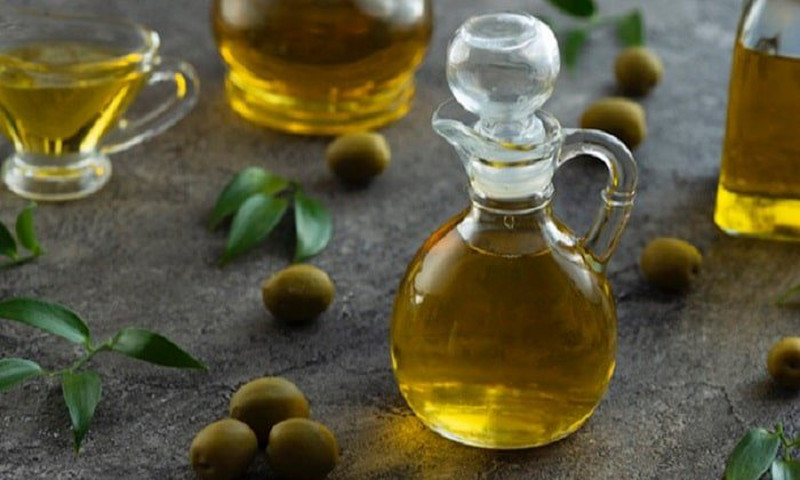From Culinary Backstreets website: Fall marks the start of the olive picking season throughout Greece. From Thrace to Crete, from Corfu to Lesvos, and even in the suburbs of Athens, landowners lucky enough to have olive trees will start harvesting their fruit. In fact, Greeks universally prefer the oil from their own region if not their own trees and tend to buy it loose, direct from the press rather than the supermarket.Much like back home in the states, late October is olive picking season. It is a facts that Greeks prefer olive oil from their own region. And furthermore, as I learned on my last visit here in May, most Greeks can tell which region the olive from. And they dont seem to care about awards and quality control. Here, the desire color is light green, not golden.Typically one liter of oil can be pressed from four to six kilos of olives. Neighbors helps neighbors with their harvesting and pressing. The heat wave I experienced back in May took a toll on the olive crop. But it will not stop Greece from being the largest cosumers per capita of extra virgin olive
oil in the world. And Greece is third in production behind both Spain and Italy.From Matt Barrett: One of the mysteries of life is how on earth anyone could have eaten an olive off an olive tree and decided that this fruit could somehow be edible. Next time you are in Greece you can try this yourself. Just reach up and pull off an olive, it does not matter if it is ripe or not, and take a little taste. You may find it to be one of the nastiest things you have ever put in your mouth. And yet somehow this little fruit and the oil it gives has the staple of not only Greece but the entire Mediterranean. The ancient Greeks ate the ripe black olives and believed they were good for ones health, preserved in vinegar and seasoned with fennel as they still are today. For someone to say that they dont like olives, that is like saying they dont like candy because once they ate one that they did not like. There are just too many varieties and too many different flavors of olives for there not to be one that you will like. Green olives are unripe. Black olives are ripe. Between these two main classifications there are all sorts of olives which are usually named after the areas from. The most are the Kalamata olives from the area around the town of Kalamata in Messenia in the southern Peloponessos. When you order a Greek salad in the USA, that one olive sitting on the tiny pile of crumbled feta is most likely from Kalamata. They are just as popular in Greece where everyone has their favorite olives.More from Marrett: Greek olive oil is simply the best in the world. In fact it is so good that the Italians bought it in great quantities and slapped their labels on it and exported it to America. Now this practice to an end and Greek Olive oil, particularly is in great demand and you can find it in many supermarkets and gourmet shops though usually at very high prices. This does not mean that there are not other countries making good olive oil. I have had Lebanese Olive oil that was delicious too. But overall the Greeks make the best olive oil. That may be because it has been in use since the days of the ancient Minoans and Myceneans and the Greeks consume more olive oil per person than any country in the world. The olives are picked by hand in late November and taken to the village cooperative or to the local privately owned pressing plant where the oil is extracted. In some places they are pressed in the same way they have been for thousands of years using large wood and stone pieces of equipment that could be mistaken for medieval torture devices.Olive trees thrive here in Greece, due to land that is rocky and steep. And despite the hot and arid weather, olive trees have thrived for a millennia. Though widely used as a cooking fat, as well as flavoring and dressing many dishes, olive oil is used extensively in baking.









